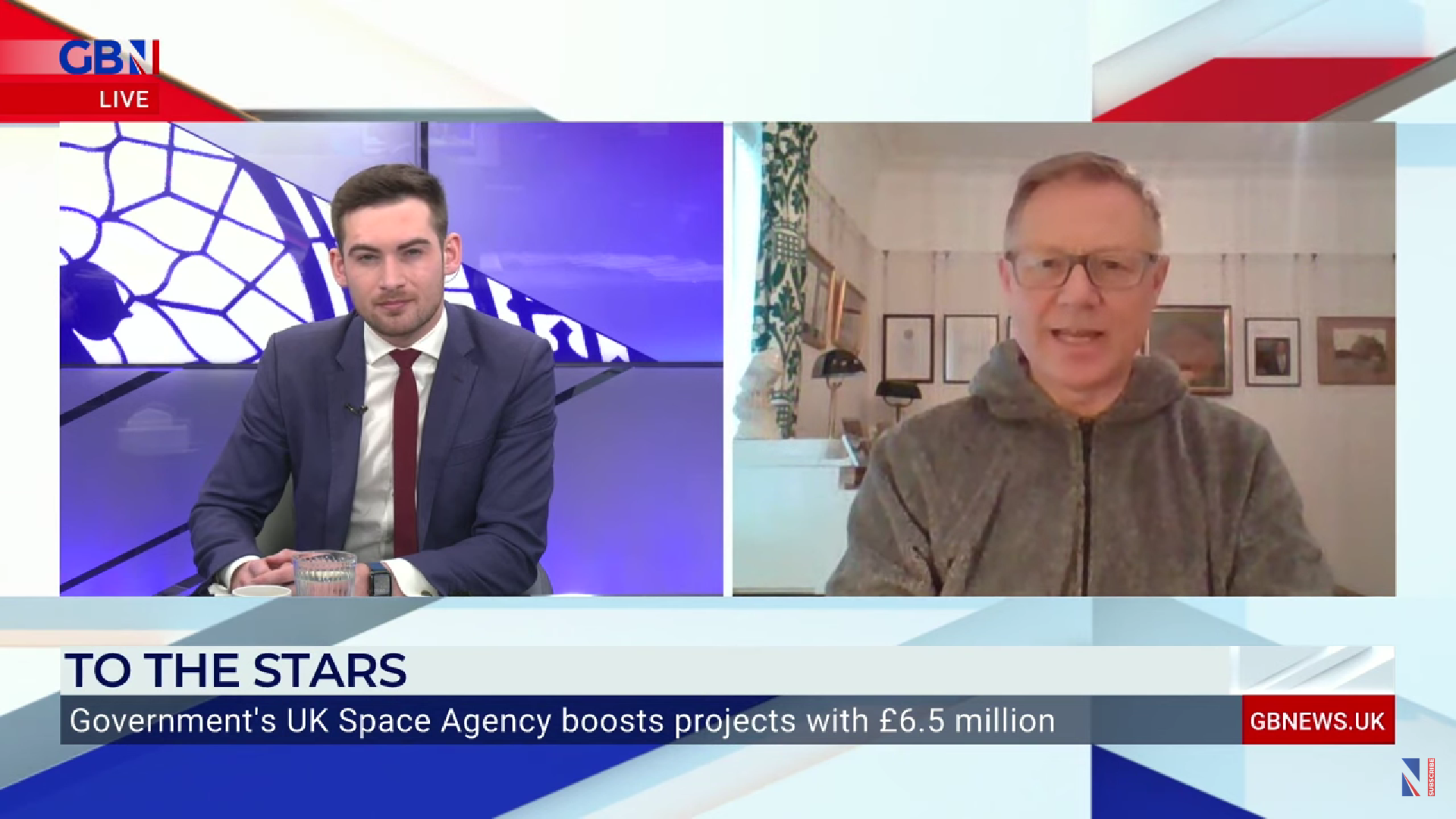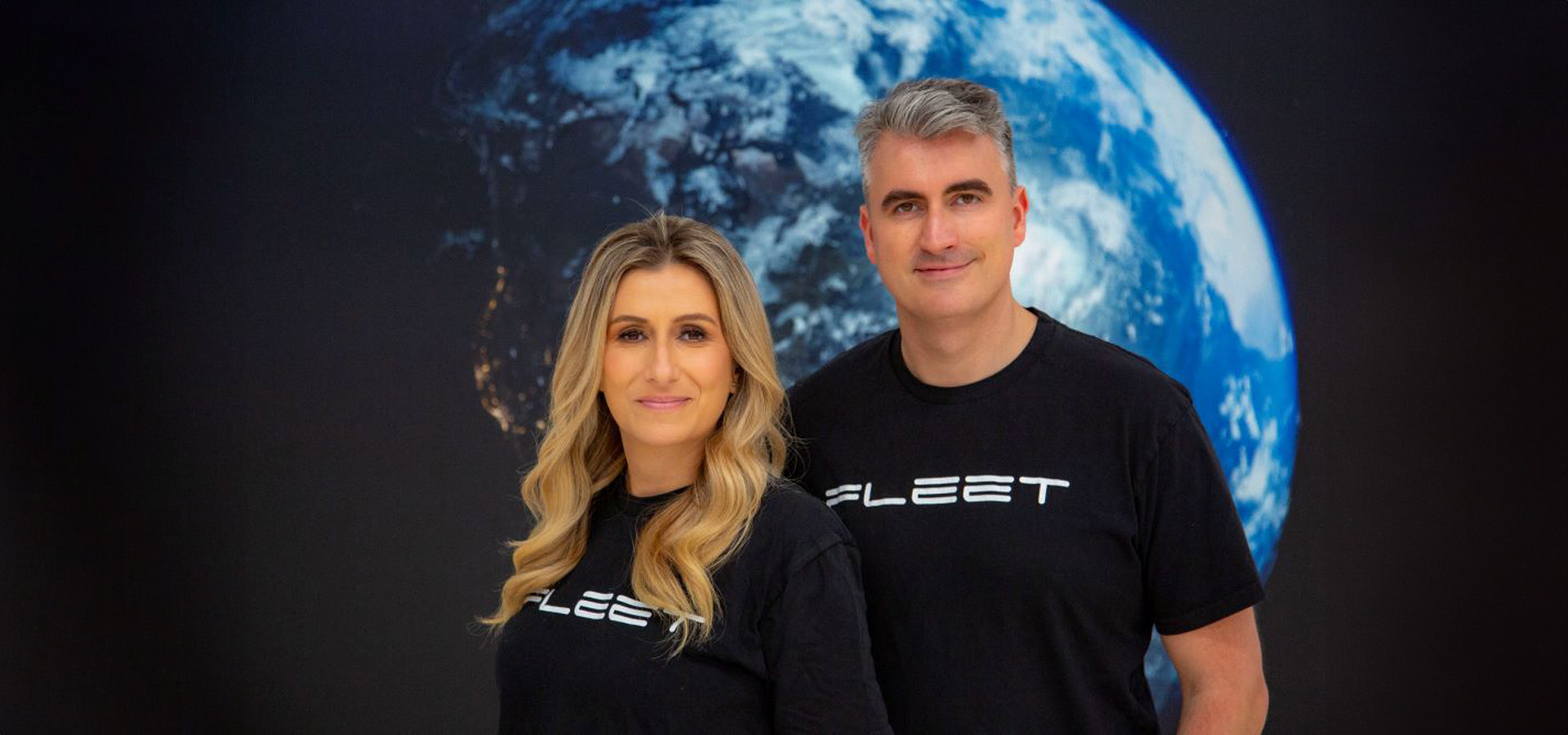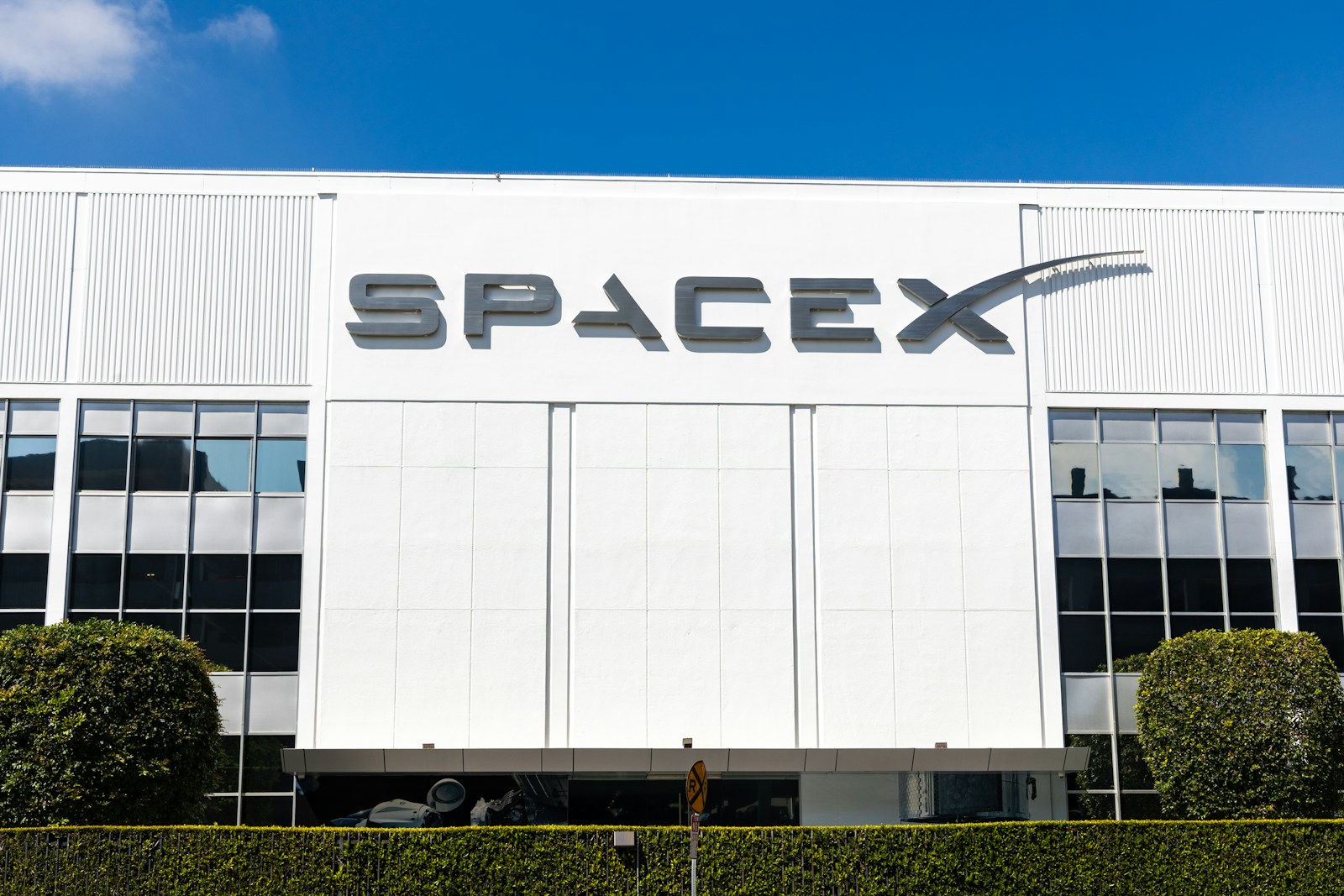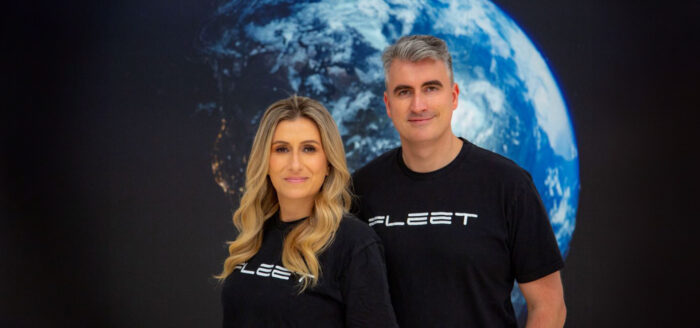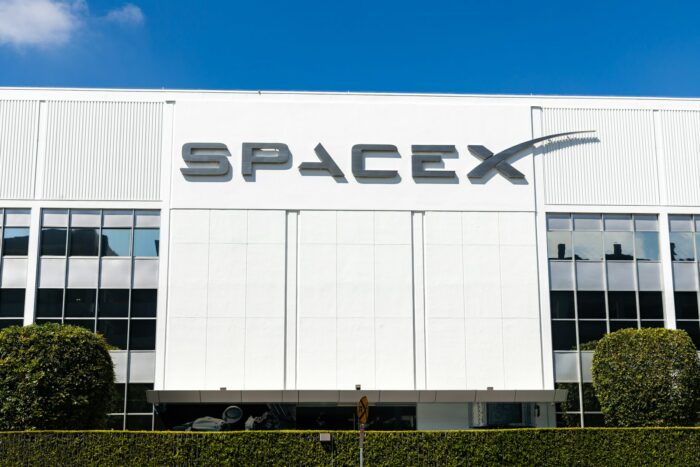This week, Space Impulse reported how the UK Space Agency’s £6.5 million (USD 7.8 million) funding is set to help at least eighteen space-related projects across the UK.
Still on this topic, Conservative MP David Morris sat down for an interview with GBNews to explain how the Government’s UK Space Agency funding is helping to level up the industry in the country.
MP David Morris
“Well, you’d be surprised. The space industry in the UK is not just about, you know, the real sexy things that people see like rockets, a man on the moon, the Artemis program, it’s about what actually makes those projects work,” said Morris, responding to the interviewer’s question as to how the space industry fits in with local leveling up. “You know, the technology and where it comes from; we’ve got a lot of SMEs in the UK that are pioneering Earth observation, making satellites that we can launch and just check on what’s going on in real-time.”
Morris, who is a former musician and businessman, has served as an MP for Morecambe and Lunesdale since 2010.
“Your sat nav, I mean, I can remember the first sat navs that we used to buy from Halfords — they’ve come on, you know, they’ve come on in leaps and bounds,” said Morris, adding that recently he hired a car and couldn’t believe all the cameras, trickery and everything else that came from satellite technology.
“It actually showed the car on my drive reversing out,” he continued. “So these are things that we actually do take for granted but it does start small and then gets very, very big.”
When Morris was asked about the recent Virgin Orbit launch that didn’t quite go to plan — an obvious PR hit for Virgin Orbit and the British space industry in general — the MP was mostly upbeat.
“Well, whenever you’re dealing with any launch vehicle, you’re going to have some kind of a problem even when they get into orbit,” said Morris. “I believe in this case it was a fuel filter. That’s what I’ve read. I’ve not seen any official reports yet.”
He also pointed out the testing that goes into these rockets.
“That’s happened quite a few times. And, you know, there’s yet to be more to come out on that, I’m absolutely certain,” said Morris on the test failure and what’s being done about it. “But like everything else, we’re building rockets here in the UK to be launched terrestrially and vertically into orbit from our shores or around our shores. So, you know, we’re in a position now where okay, it was — to put it bluntly — quite a setback, but it doesn’t mean it’s going to stop there.”
Threw it all away
More criticism came the government’s way, as GBNews mentioned that back in the 1950s the United Kingdom was really leading the way in space exploration, third in the race behind the United States and the Soviet Union.
“We were the third country in the world to launch orbital class satellites and then we just ‘threw it all away’. Are we now really getting back up there with the big guys? Is there a possibility here that the UK can really excel?” the GBNews anchor asked.
“I think that in all honesty, you’re right what you’re saying about the 1950s when we had our own launch pads in Woomera,” said Morris to the question, even saying that one of his uncles was out there in the Australian outback all those years before, watching things go on. “So you know,” he went on, “we did sort of miss a trick where we stepped back and let the Americans and the Russians basically fight it out in the Cold War with all the resources they had and all the technological advances that they were doing. “But,” he added, and this is an important ‘but’, “we still did have scientists, British scientists working on those projects that have led us to where we are today. We’re just trying to sort of claim back some of that territory in the respect of using the technology that we did have in the 1950s which is still valid and still current, albeit updated, to take it a stage further and obviously get the UK back into the space race.”
Morris, like others, has faith in the UK space industry. We will just have to wait and see, though.
Featured image: Credit: GBNews
If you found this article to be informative, you can explore more current space news, exclusives, interviews and podcasts here.
Share this article:

